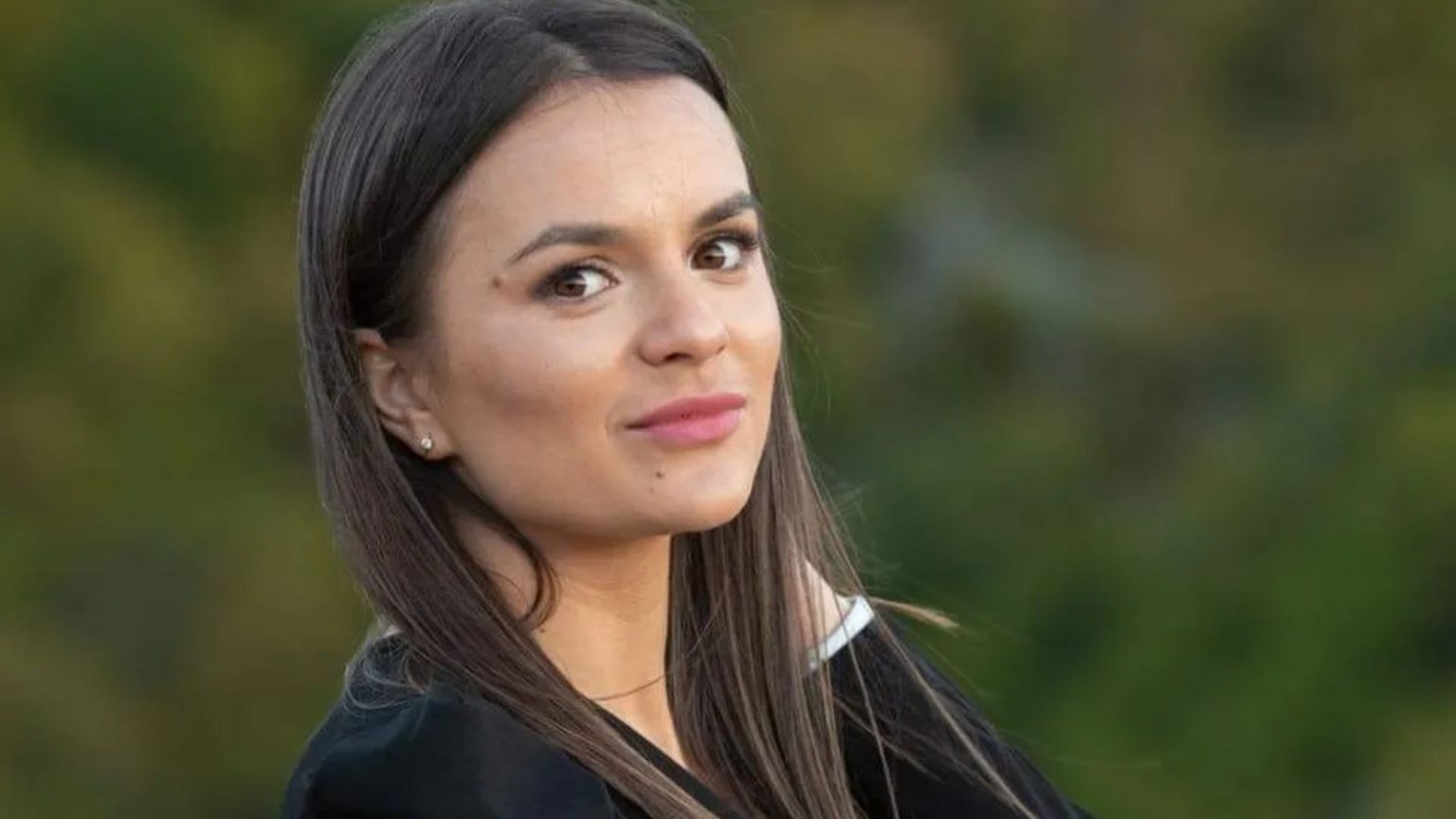This espionage case, unfolding at the Old Bailey, revolves around Orlin Roussev, a 46-year-old Bulgarian national residing in the UK, accused of orchestrating a spy ring from a seemingly innocuous guest house in Great Yarmouth, Norfolk. Roussev, allegedly taking instructions from Austrian handler Jan Marsalek, is charged with conspiring to gather information deemed beneficial to an enemy state. The central target of his surveillance operation was Christo Grozev, a prominent investigative journalist who had successfully exposed Russian agents implicated in the high-profile poisonings of Sergei Skripal in Salisbury (2018) and Alexei Navalny (2020).
Roussev’s operation focused on obtaining Grozev’s laptop, believed to contain crucial information regarding his investigative work. To achieve this, he allegedly deployed a team comprising two women, Katrin Ivanova, a 33-year-old lab assistant from Harrow, and Vanya Gaberova, a 30-year-old beautician from Acton, both Bulgarian nationals with settled UK status. Accompanying them was Bizer Dzhambazov, 43, also a Bulgarian national with settled status, who lived with Ivanova but was reportedly engaged in a romantic relationship with Gaberova. The trio traveled to Spain, trailing Grozev from Vienna to Valencia, where he was attending a conference.
Communication intercepts presented in court revealed the intricacies of the operation. Roussev, using the encrypted messaging app Telegram, reported to Marsalek that the surveillance mission, involving the “couple and the ground team,” had proceeded “flawlessly.” His messages also contained disturbingly flippant remarks about poisoning Grozev, referencing the Navalny incident and suggesting using Grozev’s underwear or cap as a vector. Further communications boasted of using “killer sexy brunettes” as part of the surveillance team, with the intention of one of them infiltrating the conference to access Grozev’s laptop. However, the attempt proved unsuccessful, with Roussev lamenting that Grozev and his associates remained vigilant, never leaving the laptop unattended.
While Roussev and Dzhambazov have pleaded guilty to the conspiracy charge of collecting information useful to an enemy, both Gaberova and Ivanova deny their involvement. The trial continues, with the prosecution aiming to establish the women’s roles in the alleged espionage operation and their knowledge of its ultimate objective. The case highlights the ongoing tension and covert activities between Russia and the West, particularly in the realm of information gathering and the targeting of individuals perceived as threats to Russian interests.
This case raises several crucial questions. What was the exact nature of the information Roussev sought to obtain from Grozev’s laptop? What level of involvement did Gaberova and Ivanova have in the operation? Were they aware of the true nature of the mission and its potential implications? The answers to these questions will be crucial in determining their culpability. The trial also underscores the use of seemingly ordinary individuals, integrated into British society, in international espionage activities, highlighting the challenges of detecting and combating such covert operations.
The trial’s outcome will have significant implications, not only for the defendants but also for the broader understanding of Russian espionage tactics and the lengths to which they are willing to go to silence those who expose their activities. The case also highlights the vulnerabilities of individuals in the digital age, particularly journalists and investigators who uncover sensitive information that powerful actors seek to suppress. The trial serves as a stark reminder of the ongoing struggle between transparency and secrecy in the global information landscape.


